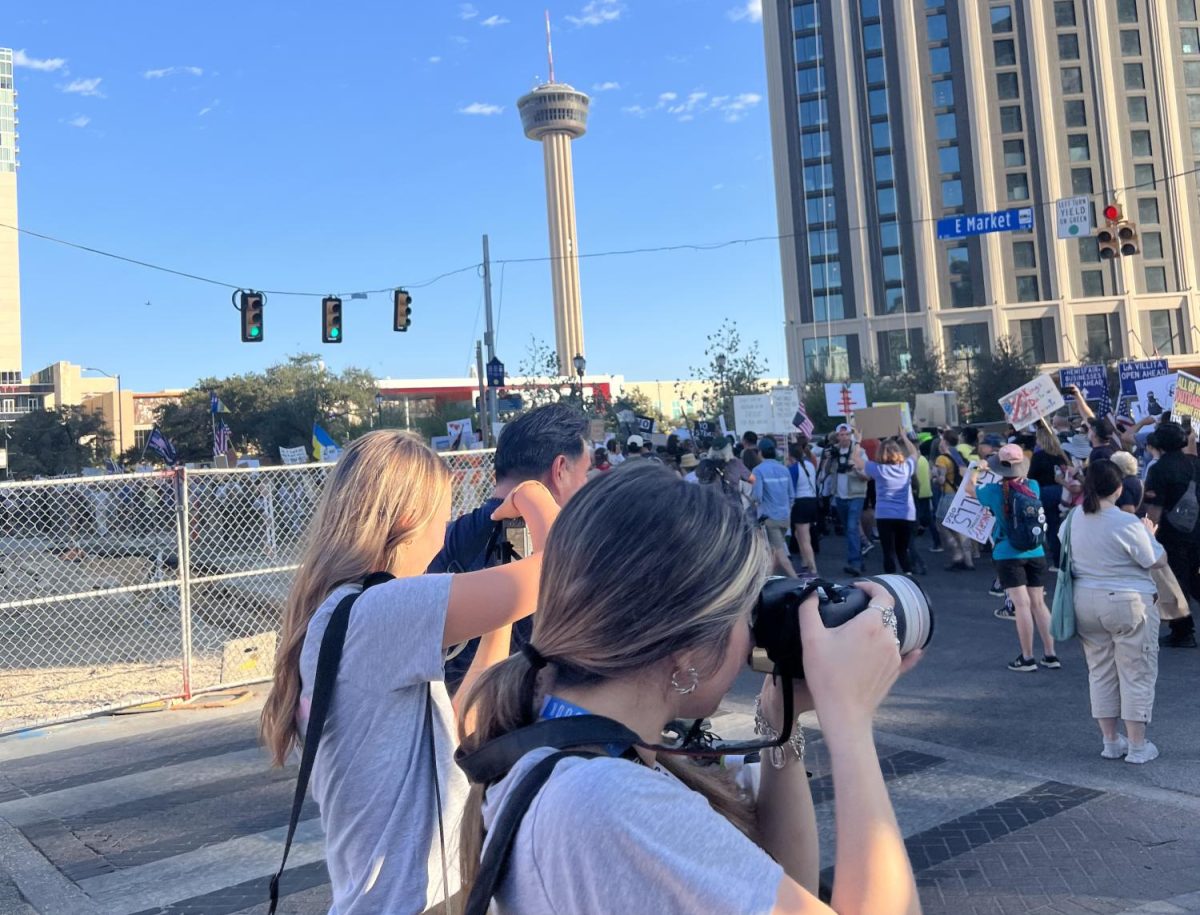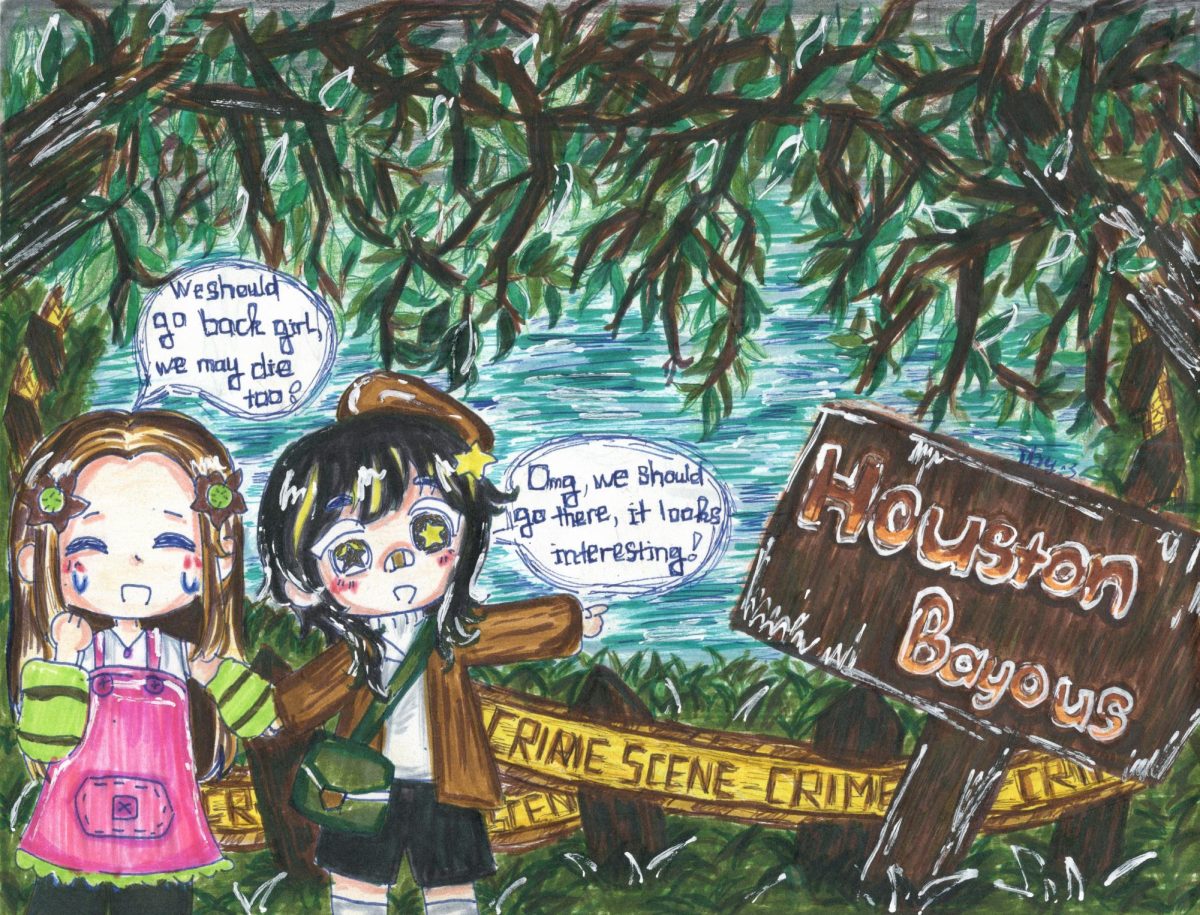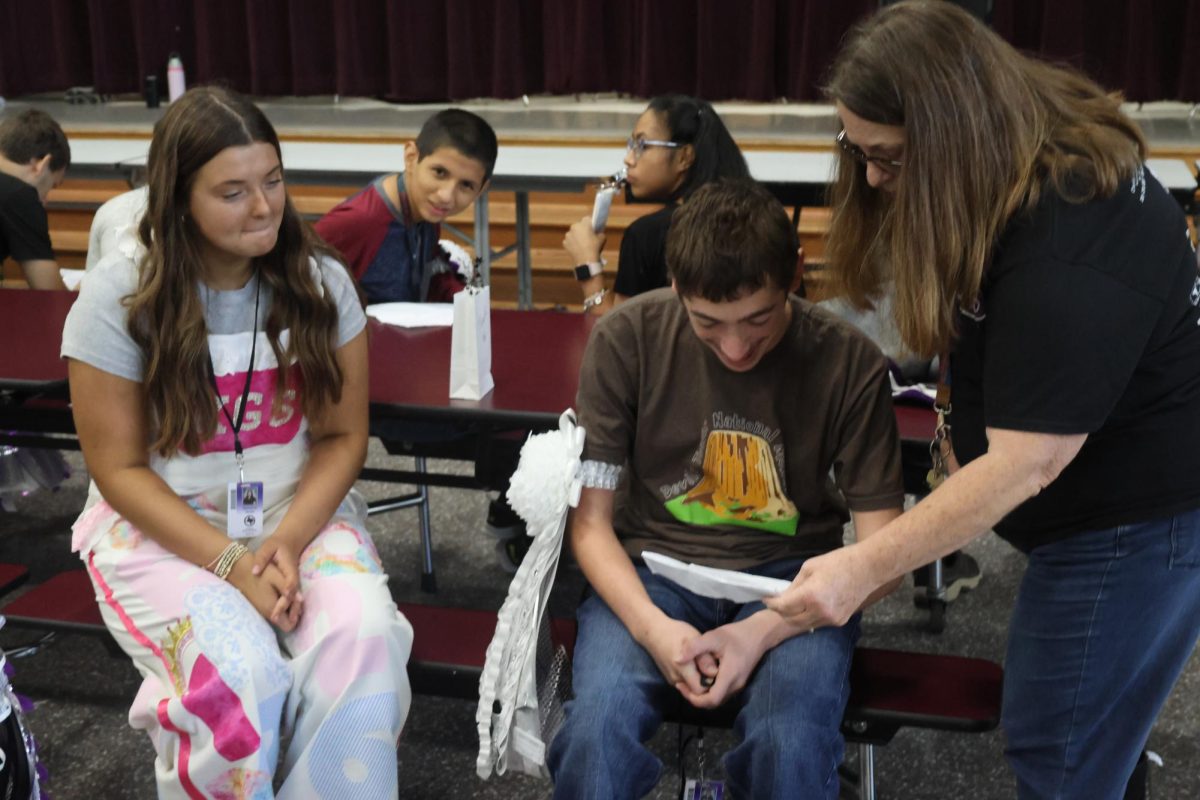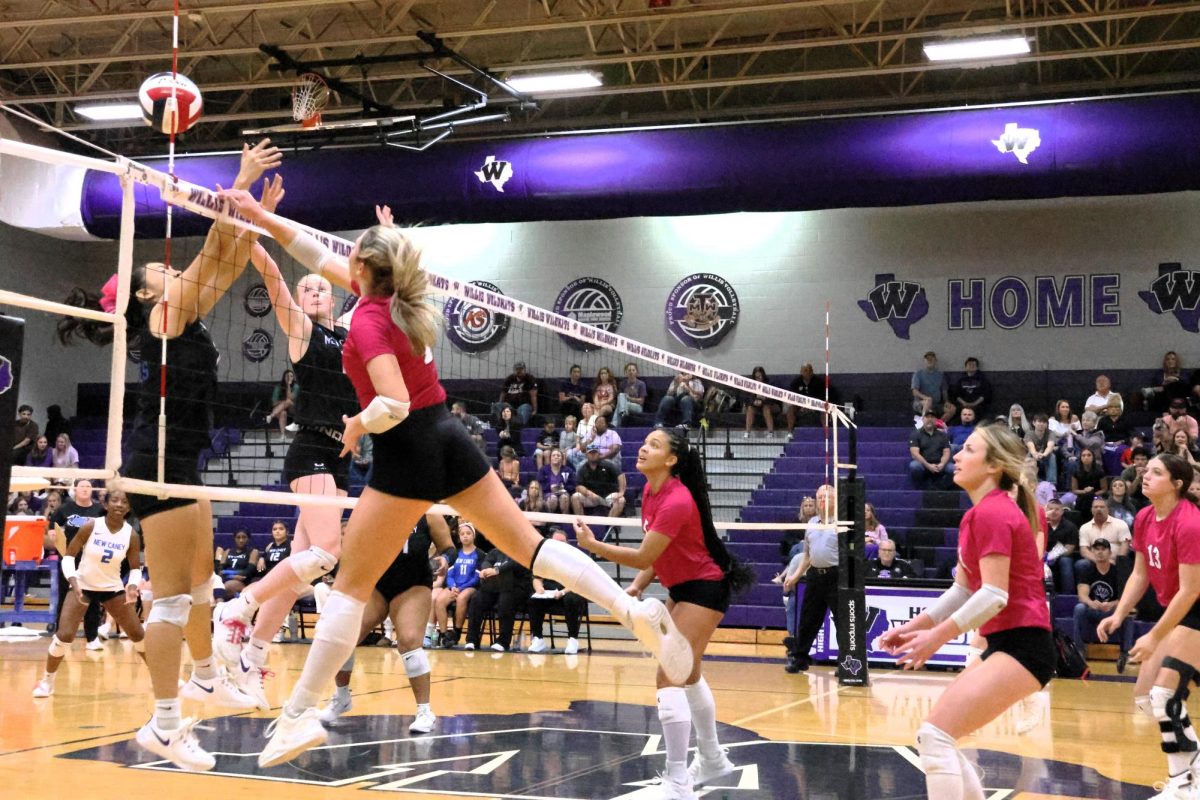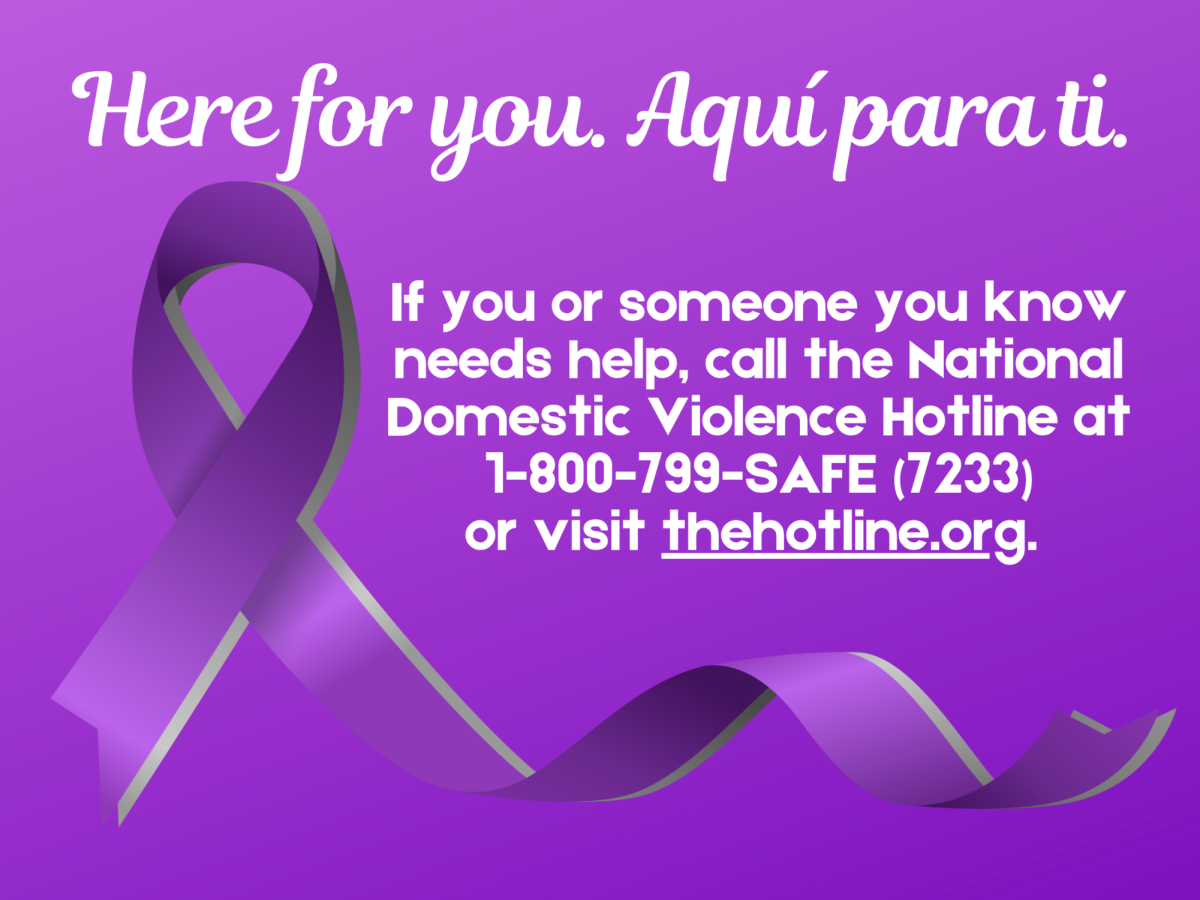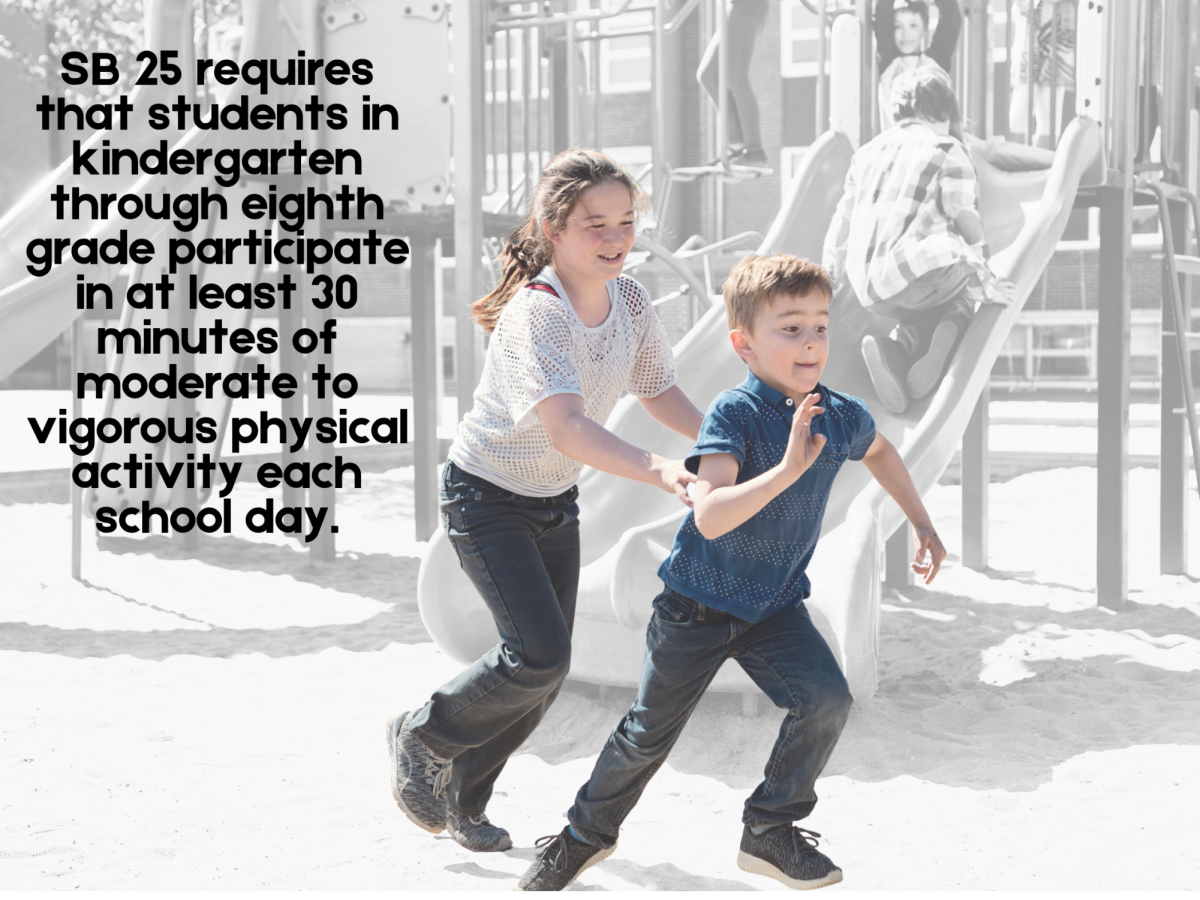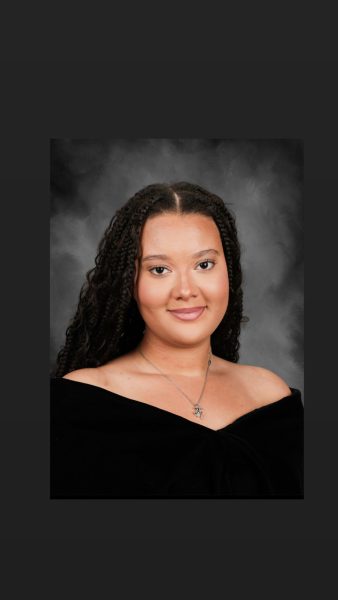In a world where students are told to “use their voices,” it’s strange how often those same voices get silenced once they’re put in print. Student journalism has always been more than just reporting football scores or prom themes, it’s about truth, accountability and giving students a real say in the stories that shape their schools. Yet across the country, student reporters still face censorship, restrictions, and pressure to only write what looks “good.”
The meaning of student press freedom goes far beyond who gets to approve an article. It’s about whether young people are trusted to think critically, tell the truth, and responsibly discuss the issues that affect their lives. When administrators edit, remove, or block students’ stories because they’re “too controversial,” they’re not just protecting the school’s image, they’re teaching students that honesty has limits. That’s the opposite of what education should do.
That’s where organizations like New Voices come in. The New Voices movement is a national student-led effort to protect and restore the rights of student journalists. It pushes for state laws that ensure students can report freely, without fear of censorship from their schools. These laws don’t give students permission to be reckless, they give them the right to be real. New Voices legislation has already passed in 17 states, proving that student journalists can handle responsibility and deserve the same First Amendment protections as professional reporters.
Texas, like many other states, is still fighting for these protections. Without a New Voices law, student journalists here remain vulnerable to censorship at the whim of administrators who might not like the truth being told. And that’s a dangerous lesson because if students can’t learn to ask tough questions now, how will they ever do it as adults?
Student journalism matters because it’s one of the few spaces where young people can practice freedom of expression firsthand. It’s where future reporters, writers, and leaders learn to challenge authority respectfully, check facts, and think deeply about their communities. Silencing student reporters doesn’t just stop a story, it stops growth.
So next time you come across a school paper or scroll through a student news site, remember those words were written by young people learning how to use their voices. And if we want a future full of truth tellers, it’s time we start listening to them, not censoring them.


